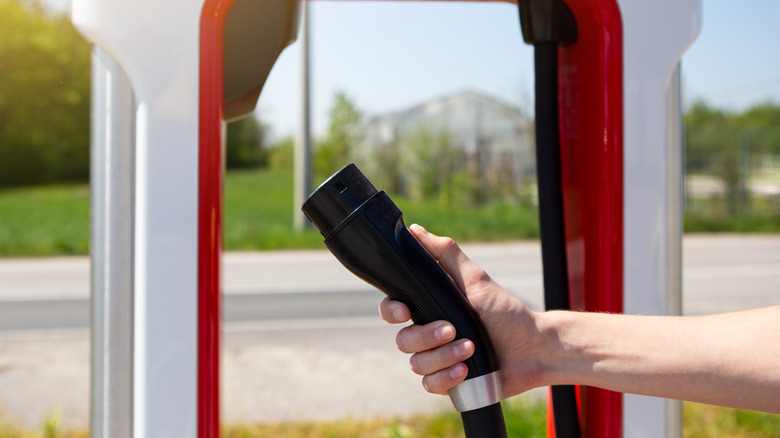Electric Cars Can Use Tesla Chargers
Charging electric cars at Tesla chargers has become increasingly popular as the demand for electric vehicles (EVs) continues to rise. However, it is crucial for electric vehicle owners, Tesla owners, and EV enthusiasts to understand the compatibility and adapter options available when using Tesla chargers. This knowledge ensures a seamless charging experience and avoids any potential issues that may arise. In this blog post, we will explore the compatibility of non-Tesla electric cars with Tesla chargers, discuss the importance of understanding adapters, and provide valuable information for our target audience. Whether you own an electric vehicle or are simply interested in the world of EVs, this article will equip you with the necessary knowledge to charge your non-Tesla electric car at Tesla chargers effectively. Let’s dive in!
Compatibility of Non-Tesla Electric Cars with Tesla Chargers

Electric vehicle owners who do not own a Tesla often wonder if they can charge their cars at Tesla chargers. Understanding the compatibility of non-Tesla electric cars with Tesla chargers is essential to ensure a smooth charging experience.
Understanding Tesla chargers and their compatibility
Tesla has developed an extensive Supercharger network exclusively for its vehicles. These Superchargers are designed specifically for Tesla models and utilize a proprietary charging connector. As a result, non-Tesla electric cars cannot directly connect to these Superchargers due to compatibility limitations.
Using adapters to charge non-Tesla electric cars at Tesla chargers
Fortunately, there are adapter options available that allow non-Tesla electric car owners to charge their vehicles at Tesla chargers. Two commonly used adapters are the Tesla to J1772 Type1 adapter and the Tesla to Type 2 adapter.
The Tesla to J1772 adapter enables non-Tesla electric car owners to connect their vehicles to Tesla’s Level 2 destination chargers, which use the J1772 standard connector. This adapter bridges the gap between different charging connectors, allowing for compatibility between various electric car models.
The Tesla to Type 2 adapter serves a similar purpose but is specifically designed for European electric vehicles that use the Type 2 connector. With this adapter, European EV owners can access Tesla’s charging infrastructure and benefit from its widespread availability.
While adapters provide a solution for charging non-Tesla electric cars at Tesla chargers, it’s important to note that there may be some limitations. Adapters might not support all charging speeds or features specific to certain vehicle models. It’s crucial for users to research and understand the capabilities and limitations of adapters before utilizing them.
By leveraging these adapters, non-Tesla electric car owners can tap into the extensive network of Tesla chargers and enjoy the convenience they offer. However, it’s worth noting that continued advancements in charging infrastructure will likely lead to improved compatibility options for non-Tesla electric cars in the future.
Conclusion
Having knowledge and understanding of the compatibility and adapters is crucial for non-Tesla electric car owners who wish to charge their vehicles at Tesla chargers. Adapters provide a potential solution, allowing these owners to access Tesla’s extensive charging infrastructure. However, it’s important to research and understand the limitations of adapters before use. As the electric vehicle industry continues to evolve, we can expect continued advancements in charging infrastructure that will enhance compatibility options for non-Tesla electric cars in the future. By staying informed and adapting to changing technologies, electric vehicle owners can make the most of their charging experience and contribute to a greener future.









